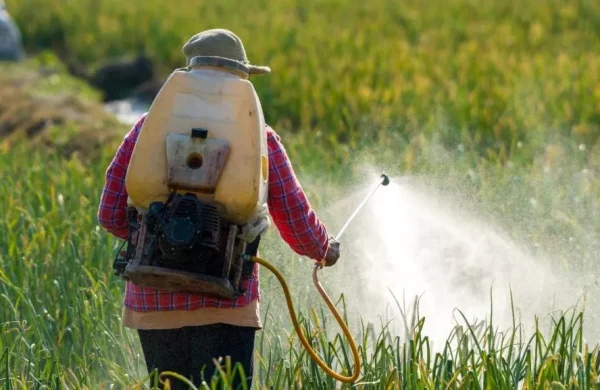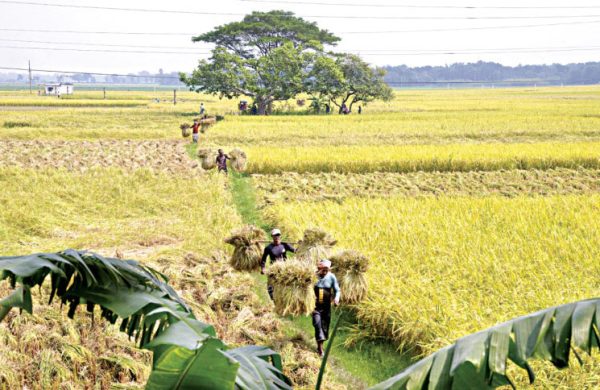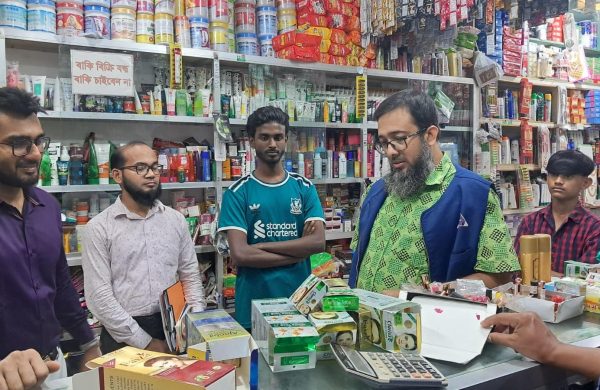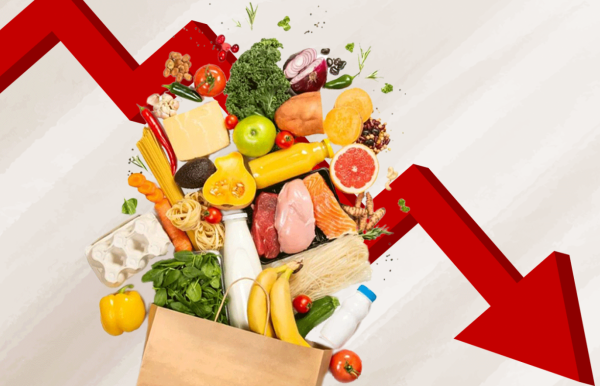Cattle traders in grave concern over lockdown ahead of Eid-ul-Azha
- Update Time : Saturday, July 10, 2021

Special Correspondent:
Cattle fatteners and traders in the country are now in grave concern over selling and getting fair prices of their animals due to the frequent lockdown ahead of Eid-ul-Azha, the second largest festival of the Muslims.
They are apprehending that they will not get fair prices against their sacrificial animals, if the lockdown continues. Besides, they may face trouble to go to cattle markets with their animals for sell due to transportation problems. Many buyers may show disinterest to go to cattle markets like last year in fear of coronavirus infection.
On the other hand, many dairy farm owners, cattle fatteners and traders are scaring that the selling and purchasing of native cattle may be hampered, if entrance of cattle from outside of the country especially from India or Myanmar through border routes is not stopped eve of the Eid.
In this situation, the cattle traders are leaning into online market to boost their business during the pandemic.
Though, the authorities concerned claimed that, there are enough sacrificial animals in the country for fulfilling the demand of upcoming Eid-ul-Azha. However, the cattle are brought to the country illegally through the border, the small and big domestic farm owners will be financially harmed. They may become frustrated and even stop rearing of animals. Besides, many may become unemployed. Therefore, in order to encourage the local farmers, strict surveillance should be carried out at the border.
Dr. Sheikh Azizur Rahman, Director General (DG) of the Department of Livestock (DG) said that, the demand for cattle in the country on Eid-ul-Azha is around 94 lakh. Adding more 5 lakh with the number, the target for sacrificial animals has been set up at around 99 lakh.
According to a recent statistic of the Livestock Department, the number of cows, goats, buffaloes and sheep in different farms across the country is around 1.19 crore. Besides, there are 4,000 more ‘Dumba’ and camels. The country’s people will be able to sacrifice these animals to celebrate the Eid-ul-Azha without any hindrance.
Officials of the Livestock Department also claimed that there will be no problem over sacrificial animals this year. Even, there has been no shortage of sacrificial animals in the country in the last three years.
On the contrary, 1 million animals remained unsold last year; while around 5 lakh animals were unsold in 2019.
According to the Livestock Department, the farmers used to feed various medicines to the animals to make them fat and fresh. That medicine is called Pump Pill. Sometimes, the farmers used to push steroid injection to the animals to fattening them. Now such activities have made off. To stop such activities, mobile court was conducted several times at different places.
Livestock officials said, the country is now self-sufficient in context of cattle and other animals. Therefore, preparations have been made in advance this year to prevent animals from entering into the country illegally through the border.
Azizur Rahman, Director General (DG) of the Department of Livestock (DG) further said, “It is possible to meet the demand of sacrificial animals for the upcoming Eid-ul-Azha with the local supply. Meanwhile, the number of dairy farms has been increased compared to the previous years. There were around 4,42,991 farms in the country in 2019, while the number rose to 5,77,416. This year, the number has increased to around 6 lakh.”


















